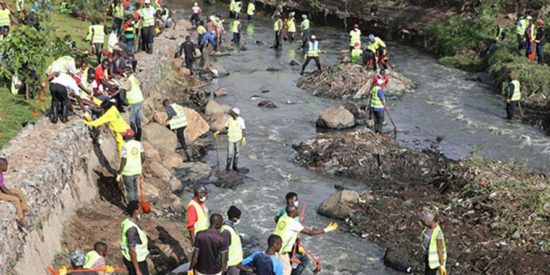COVID-19: Concerns over increased load of residual antibiotics in wastewater
The use of antibiotics during the novel coronavirus disease (COVID-19) and its linkages with antimicrobial resistance (AMR) have earlier been talked about. Antibiotics are being employed — mostly in hospital or intensive care unit settings — to prevent secondary bacterial infections (co-infections) along with the viral infection caused by the SARS-CoV-2 virus that causes COVID-19.
Studies showed while the prevalence of bacterial infections was low in COVID-19 patients, a majority of them were administered with antibiotics, including broad spectrum ones. This was often done as part of empiric therapy, in the absence of appropriate bacterial characterisation or antibiotic susceptibility testing.
In parallel, there were emerging concerns over implications of such high levels of antibiotic use on the environment.
AMR NEWS
Your Biweekly Source for Global AMR Insights!
Stay informed with the essential newsletter that brings together all the latest One Health news on antimicrobial resistance. Delivered straight to your inbox every two weeks, AMR NEWS provides a curated selection of international insights, key publications, and the latest updates in the fight against AMR.
Don’t miss out on staying ahead in the global AMR movement—subscribe now!







